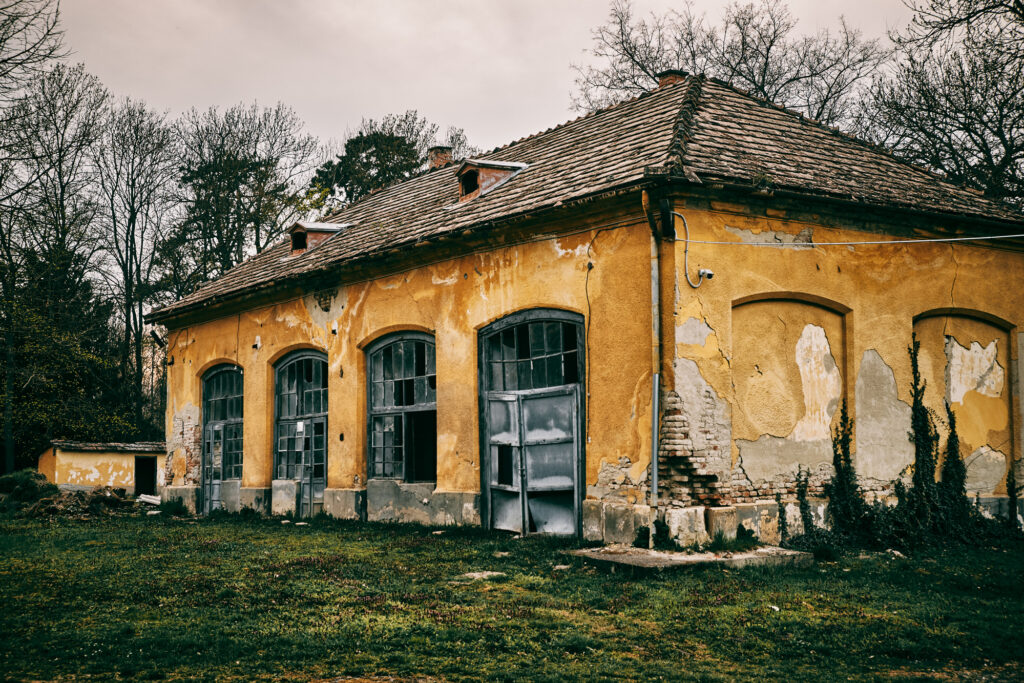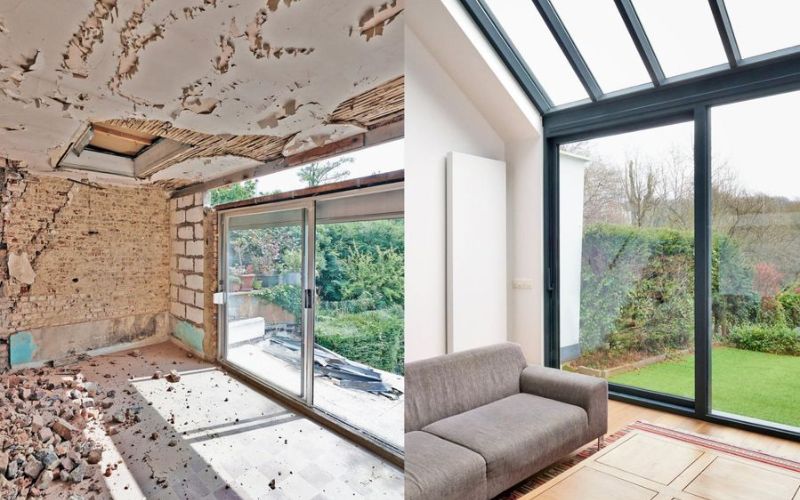House flipping is a popular investment strategy in the real estate industry. The basic principle of house flipping is to buy a property, renovate or repair some parts of it, and then sell it for a higher price. Simply, house flippers try to buy low and sell high.
If you’re considering a house flip in the near future, it’s important that you understand the house flipping business well.
The Main Pros and Cons Of House Flipping
Flipping houses, like any investment, has pros and cons. Before you jump head-first into flipping real estate, you need to understand the pros and cons to see if this is the right investing strategy for you.
The Pros Of Flipping Houses
Flipping properties can be a great investing strategy that helps you make a bit of extra cash on the side. Here are some of the pros of flipping houses!
It is considered a lucrative business.
The fix and flip is considered to be one of the most lucrative real estate investments. This is because, with dedication and hard work, you can make high-profit margins in a short amount of time. In 2022, the average gross profit on a flip was 40.6% in Canada.
While rental properties can make you money over a long time, flipping houses has the potential to make you a lot more money in less time. For some investors, they can make multiple flips in less than a year. This is because the goal as a house flipper is NOT tp hold onto the property for as long as possible. Rather, many investors want to make these transactions quickly, sometimes completely multiple deals back to back.
For other people who flip houses and have more spare time, they may do a lot of renovations on the property before selling it on the market instead of dealing quickly.
You can gain real estate investing experience.
Another advantage of flipping an investment property is the valuable education you will gain from this experience. If you’re new to real estate, there will be a huge learning curve that you will have to get under your belt in order to make money and be successful.
You’ll also gain experience by working with a real estate agent. These professionals can provide valuable information on the local market, buyer insights, interest rates, property value, and general real estate knowledge. Additionally, real estate agents can ensure you find the right price and can assist you in selling the property.
Flipping a house is less risky than other projects.
If it’s your first flip, you’re probably wondering what the risk is like when trying to make a quick profit. In general, house fix and flips are less risky than other types of income-generating investments. That’s not to say there are no risks involved, but the property market is always sealing deals. In many cases, you will be able to sell your flipped house to someone and make a little money along the way.
As you gain experience flipping houses and managing the different expenses involved (like taxes, repair costs, holding costs, and interest payments), you will be able to deal with the risk involved and make some regular income.
The Cons Of House Flipping
Even though there are many pros to flipping houses, as a real estate investor, you have to also consider the cons.
It’s time-consuming and may not work.
While some may consider flipping houses to be a fun side project, it is actually quite time-consuming and can easily become a full-time job. As a successful house flipper, you have to be involved throughout the process of repairing the home and work consistently with buyers, sellers, contractors, and real estate agents.
As much as flipping a house is a time-consuming project, you shouldn’t quit your day job, especially if you’ve just started. While it’s not the riskiest strategy out there, there’s always a possibility that it can turn into risky business and a deal doesn’t come together how you planned it. As well, there’s no guarantee that you will make a large profit right away. While risky investments often have a greater potential for a high gross profit, house flippers have to tread carefully to avoid losing money, especially if it’s borrowed money.
It is stressful business.
Another potential drawback of flipping houses is the added stress involved. Especially if you are doing some large-scale renovations, there are a lot of different things that can go wrong. Whether it’s your electrical work, cracked foundations, mold, or other unexpected hurdles, house flipping is a stressful job.
Depending on the type of house flip you are doing, it can take a lot of time and maneuvering to be successful and make a profit. The average house flip can take 6-12 weeks to complete. Even just a few weeks of stress can turn people away from taking on a house flip project, so it’s important to consider this before purchasing a property.
Holding costs and expenses can add up.
One other con you need to consider is the cost involved in the process. In many cases, you will be using some of your own money to pay for the house and the repairs. On top of paying for your existing mortgage, these payments can quickly add up. You also have to consider the taxes that you have to pay as a homeowner, even if you only own the process for a short amount of time.
One of the most common mistakes in this strategy is not budgeting properly and spending too much money on the fixer-upper itself which can cause you to lose money. You also have to budget for the transaction costs, realtor fees, and tax bill that comes at the end of the transaction – all of which will decrease your profit margin. As well, the longer you hold the property, the more it will cost you. You might end up paying more for the home than what you make from it. Failing to consider these things can be a costly mistake and lead to other issues down the road.
The Bottom Line
If you’re wondering whether you should flip a rental property or residential home, it’s important to consider the pros and cons of this investing strategy. While a fix and flip is possible even without a wealth of experience, you should understand the industry and work with professionals before jumping in.
Helana Mulder is one of REP/CREW magazine’s content writers and has been writing with them for a few months now. Helana’s interest in real estate writing began when her father started his real estate business over 15 years ago. After graduating from university with a degree in English Writing and Communications, Helana began writing content professionally. Outside of work, Helana enjoys listening to music, playing card games with friends, and reading the latest true crime novel.









